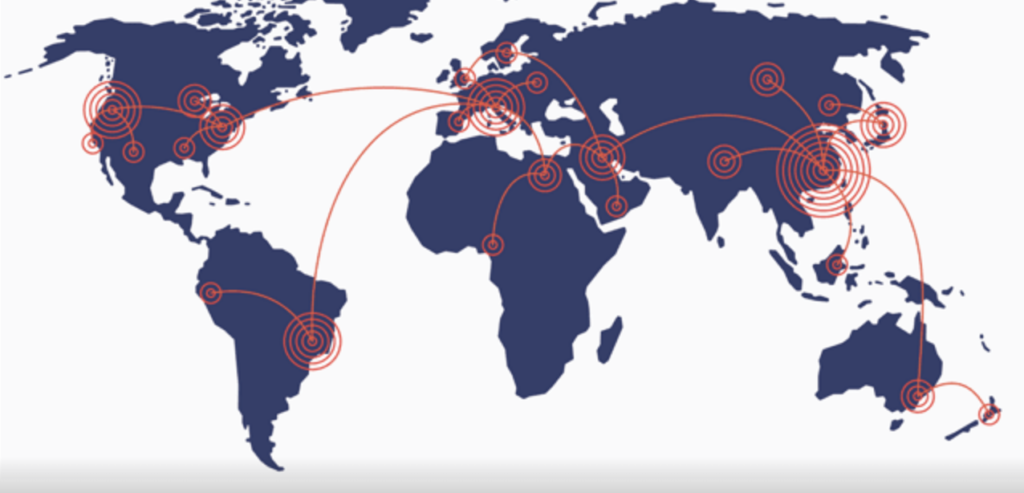
In one of our classes, we discussed the critical role of sharing information among different stakeholders to enhance global cyber-resilience. The emergence of new actors, public and private, as well as innovative technologies has reduced the gap between space ventures and the general masses. Sharing of information, especially critical vulnerabilities, faces several barriers to success. A report by the World Economic Forum highlighted 7 such challenges to collective security. The most interesting and urgent barriers, in my opinion, are:
- Gaps in the jurisdiction and cross-sector collaboration:
While the United States and European actors have recently started to promote cyber-information sharing processes, there is minimal progress across the other continents. For example, in Africa, just thirteen countries have government Emergency response teams; out of which just eight have a national strategy for cybersecurity. - Legislation and Policies:
Government policies often make or break any efforts toward collaborative and collective security. Currently, there is a lack of alignment and harmonization across jurisdictions. The major issue arises from conflicting regulations about concerns regarding sharing of information that can be considered sensitive and/or proprietary. In some regions, governments mandate that any data on their citizens can only be stored within their country, and has to be processed according to local security mandates before being transferred externally. This can frustrate, or outright forbid the fluid sharing of certain information.
Trusted, secure, and scalable cyber information sharing enables enterprises to defend themselves, enhance resilience and conduct collaborative investigations to detect and deter threat actors. However, this is easier said than done. More barriers are explored in the aforementioned report.
Original report: https://www3.weforum.org/docs/WEF_Cyber_Information_Sharing_2020.pdf